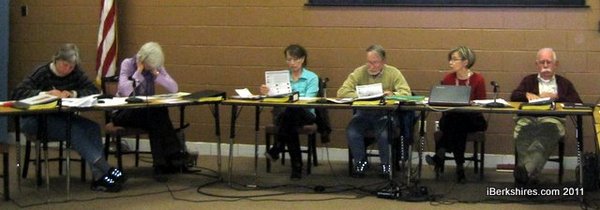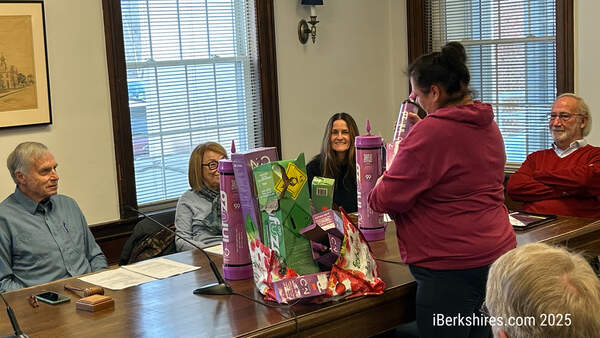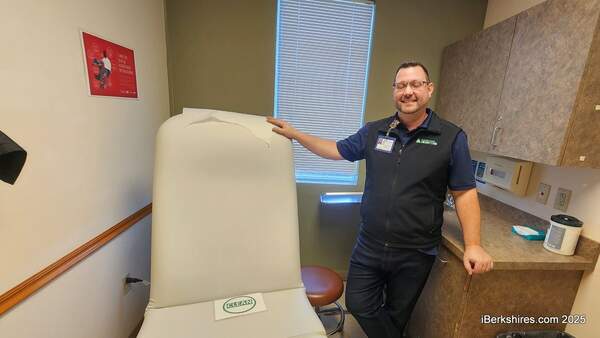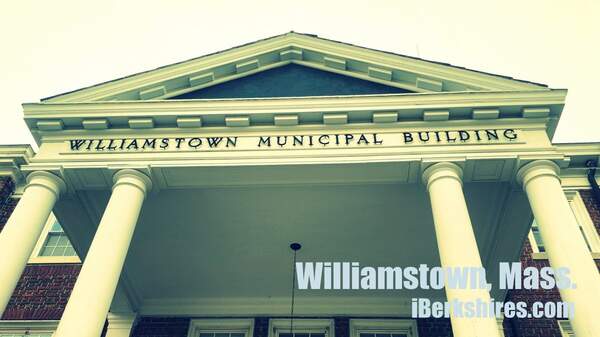
Mount Greylock High Raises Lanesborough's Assessment
WILLIAMSTOWN, Mass. — Mount Greylock Regional School District officials revisited Thursday night the previously approved budget to raise Lanesborough's assessment by $4,000.School Committee member Heather Williams said there was an error in the enrollment numbers the committee used to build the budget and Williamstown actually has one fewer student.
"Williamstown was listed as having 312 students when Williamstown actually has 311 in the October 1st numbers," Williams told the committee. "That shifts the ratio of students slightly and it shifts the town assessments slightly."
The finance subcommittee found the error Tuesday, Williams said. The committee unanimously approved raising Lanesborough's assessment by $4,000.
Also on Thursday, Superintendent of Schools Rose Ellis proposed eliminating the dean of students position and replacing it with an assistant principal. The assistant principal would have an increased role in academics — including doing teacher evaluations — and middle school Principal Ellen Kaiser would take an expanded role as curriculum coordinator. Kaiser currently splits her time as principal and as curriculum coordinator.
"My purpose of doing it is to create a team focus on excellence in Grades 7 through 12," Ellis said. "The job, which would be shared with Tim [Paine], would have components around curriculum and instruction."
Ellis said the move should not affect the budget because the salary allocated for the current dean of students would be shifted to the new assistant principal. The school has currently budgeted $48,897 for the position.
"I'm confident that we can cover it," Ellis said.
The need for a dean is diminishing because the school hired a full-time psychologist and began a student support center, she said. Ellis also cited shrinking enrollment numbers but Williams countered that by saying enrollment is expected to stay fairly even through 2014.
"That position is focused on discipline and I know it may have been effective," Ellis said. "But I feel going forward that we need to build more leadership capacity in our building."
While Ellis was hoping to get the committee's approval Thursday, board members said they felt uncomfortable voting on it after hearing of it for the first time.
"I am reluctant to vote on it tonight because I would like to have some more thought about it and also talk to the community," David Langston, committee member, said. "I would like a report from the finance committee about the actual impact on the budget."
The committee set another meeting in two weeks to vote on the change.















